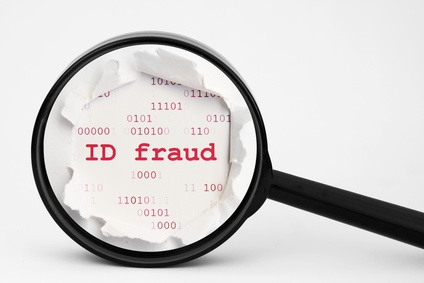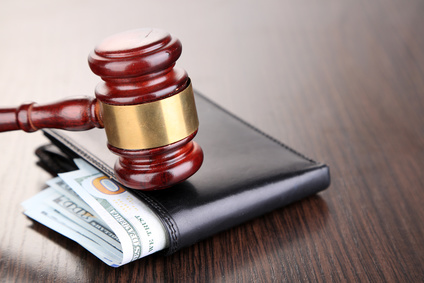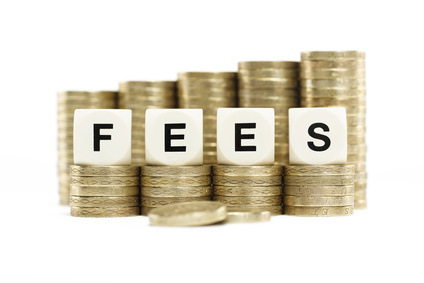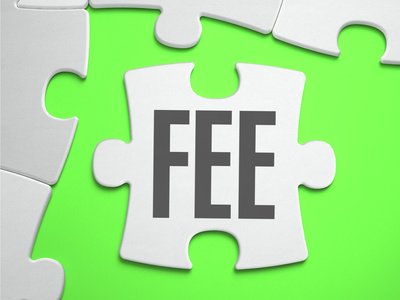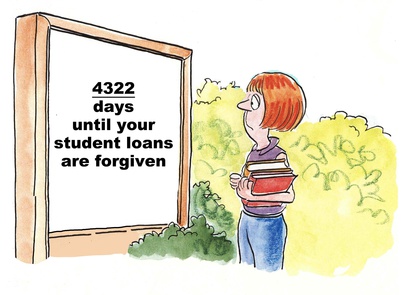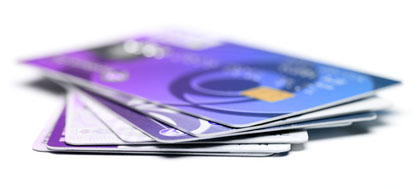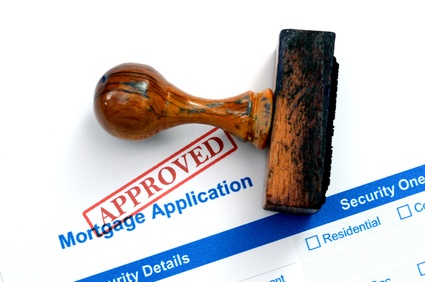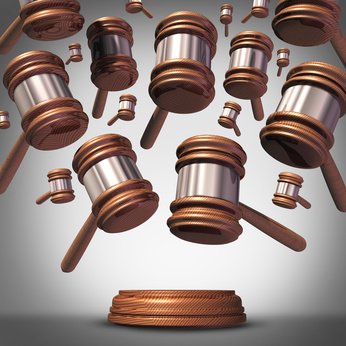
If you’re already struggling with your finances, the last thing you want is to wake up one morning and find out that your bank accounts have been frozen or your wages have been garnished. Unfortunately, aggressive debt collectors can do just that. Debt collection lawsuits have become more common in the last decade, and the judgments that result give collection agencies the ability to seize a debtor’s assets. In an effort to protect consumers from unethical business practices on the part of debt collectors, each state utilizes a statute of limitations that places restrictions on these types of lawsuits.
Debt Collection Statute of Limitations
The statute of limitations for collecting debt is a limited time period during which the original creditor or any collection agency that purchases the debt can legally sue the debtor. The statute of limitations begins 180 days after the debtor’s last payment. Each statute of limitations differs by state, but most range from three to five years.
Out-of-Statute Lawsuits
Debtors often aren’t aware that the statute of limitations on their debt has passed. Many are unaware that such a thing exists at all. Unethical collectors prey on this ignorance by filing lawsuits long after the statutory period expires. Any debt collection lawsuit filed over obsolete debt is known as an “out-of-statute” lawsuit.
You cannot ignore an out-of-statute lawsuit simply because the statute of limitations has expired. The court isn’t aware of your debt’s statute of limitations, and it will waste no time awarding the collection agency a judgment if you fail to respond to the lawsuit or appear in court. You must actively contest the lawsuit and inform the court that the statute of limitations has passed in order to avoid a civil judgment.
Circumstances That May Affect the Statute of Limitations
The statute of limitations isn’t unyielding. Certain actions you take can extend this term–giving debt collectors additional time in which to sue you. Making a payment is one example of an action that negatively affects the statute of limitations. Because the date of your last payment dictates when the clock starts ticking, making a payment resets the statute of limitations in most states.
Not only can you unintentionally reset the statute of limitations, you can pause it indefinitely by becoming inaccessible to the creditor. If you were to move overseas, for example, it would be difficult–if not impossible–for creditors to collect from you. The statute of limitations remains frozen until you return. In some cases, moving out of state is enough to temporarily freeze the statutory period.
The Statue of Limitations Protects You From Legal Action -Not Liability
An expired statute of limitations isn’t a shield against debt collection in general. Although it gives you an airtight defense against future lawsuits, it doesn’t protect you from everyday collection activity. Even if a debt collector no longer has the right to sue you, the company will likely continue to pursue you for payment. You remain liable for the debts you owe regardless of whether the statute of limitations has expired or not.
Unfortunately, debt collectors don’t have to sue you to make your life miserable. As long as a collection agency owns your debt, it has the right to pull your credit reports (leaving a record of its inquiry and slightly damaging your credit scores), contact you demanding payment and sell or transfer ownership of your account to another collector. If you defaulted on the original debt within the past seven years,you can also expect the debt to appear on your credit reports. Delinquent debts are particularly damaging for your credit scores.
Unpaid debt carries consequences far beyond a mere lawsuit. Even if you can no longer be held legally liable for payment, it’s always wise to pay off your debts whenever possible. If you opt to pay, contact your creditor and work out an agreement in writing first. Making a payment restarts the statute of limitations and, without a written agreement to the contrary, could leave you facing the very lawsuit you were trying to avoid.
Types of Legal Debt Agreements
Oral Contract: You agree to pay money loaned to you by someone, but this contract or agreement is verbal (i.e., no written contract, “handshake agreement”). Remember a verbal contract is legal, if tougher to prove in court.
Written Contract: You agree to pay on a loan under the terms written in a document that you and your debtor have signed.
Promissory Note: You agree to pay on a loan via a written contract, just like the written contract. The big difference between a promissory note and a regular written contract is that the scheduled payments and interest on the loan also is spelled out in the promissory note. A mortgage is an example of a promissory note.
Open-ended Accounts: These are revolving lines of credit with varying balances. The best example is a credit card account. Note: A credit card is ALWAYS an open account. This is established under the Truth-in-Lending Act.
Statute of Limitations on Debt in Years – State by State Listing
The material provided in this table for informational purposes only and should not be construed as legal advice. Although the material is deemed to be accurate and reliable, we do not make any representations as to its accuracy or completeness and as a result, there is no guarantee it is not without errors.
